Political elites in the United States who shape public perceptions of China have deep and entrenched connections to the business community in the country, said experts at an event hosted by think tank Atlantic Council on Feb. 23. Those ties often lead them to abandon transparency and openness in discussions of China, they said.
The part virtual and part in-person event, “America Second: How America’s Elites Are Making China Stronger,” derived its title from that of a new book by Isaac Stone Fish, who spoke about how he came to write the book.
Vested Interests
Stone Fish said that people he encountered on his return to the United States tended to repeat the sorts of phrases found in official Chinese Communist Party (CCP) propaganda, such as that the CCP has lifted people out of poverty. What concerned him above all was not the veracity of such statements but the degree to which they parrot CCP rhetoric, he said. While numerous restrictions on freedom of speech are in place in China, Stone Fish said he saw no reason why public discussion of China in the United States should be so one-sided.“Then I noticed a powerful combination of business and policy ties among the senior elites who dealt with China. All these people had been doing business with U.S. companies trying to enter and flourish in the China market,” Stone Fish said.
Hence it was evident to him that the elites in question had a vested interest in easing the way for those companies by feeding them, and the public, a view of China more congenial to the CCP than to the realities of life facing China’s populace.
Stone Fish named former secretary of state Henry Kissinger, along with the late Brent Scowcroft and the late Alexander Haig, as U.S. elder statesmen who supposedly “understand China” and who have been put forward as experts to whom companies and the public should turn for guidance on anything related to China and doing business there. But such assessments are mistaken, Stone Fish warned.
“We’ve all misunderstood Kissinger in the China field, all given him way too much credit as a brilliant strategic thinker. We have to be careful about pretending he is this great independent thinker when really what he is, is a businessman,” Stone Fish said.
In Stone Fish’s view, Kissinger has not been shy about putting a spin on geopolitical topics. The author was candid about what he sees as Kissinger’s tendencies in his role as a respected sage and ex-public servant commenting on world affairs.
“Kissinger excels at manipulating the media and those around him to create a code of silence around what he’s done,” Stone Fish said, referring to Kissinger’s role, during and since his 1971 visit to the country, as a promoter of closer ties between China and the West.
Though the author appreciates the large variety of viewpoints to China found in the political, diplomatic, and journalistic circles of Washington, greater transparency on China issues requires stricter laws with regard to the lobbying in which some former government officials engage, Stone Fish said.
‘Friends’
Panelist Jacqueline Deal, CEO of the Long Term Strategy Group, a Washington-based defense consultancy, agreed with a point made in Stone Fish’s book, that enhanced transparency around China issues requires educating the public about the peculiar misuse of the term “friend” in CCP nomenclature.When people in the West hear the term “friend,” they think of someone who is a party in a mutually beneficial relationship. But for the CCP’s intents and purposes, a “friend” is more properly understood as a “stooge,” “pawn,” “fellow traveler,” or “useful idiot,” Deal said.
“The role of ‘friends’ in China is keeping people in Washington from properly identifying the character of the competition that is very important to CCP strategy. It keeps us from recognizing that we’re not just dealing with another trade partner in China, we’re dealing with a geopolitical rival,” Deal said.
United Front
The U.S. public does not understand CCP strategy well as it could, or the reliance of the CCP on putative goodwill between China and her rivals, the analysts said.Such tactics are part and parcel of Beijing’s efforts to expand the number of people in the United States who are supportive of the CCP, while thinning out the ranks of foreign policy hawks who express concerns about the CCP, Deal said. She described the UFWD as an organization with many “tentacles,” highly active in military, civilian, and commercial affairs, and heavily geared toward infiltration of soft targets in America.
“The CCP, through the United Front, has many tentacles in our data here, and so I think understanding this strategy can help us be more mindful of what we need to do to protect ourselves here at home,” Deal said.
Stone Fish emphasized the need for open debate and discussion in America about all things related to China, but stressed that fostering such free exchanges may require certain accommodations for Chinese students enrolled in universities here.
“We don’t want Chinese students to come here, tweet something about Xi Jinping, and then be arrested when they go back,” Stone Fish said. “We want to find a way that people can have open debates.”
Stone Fish praised recent innovations at Princeton University that allow Chinese students to express views on certain topics without disclosing their identities.
Panelist Jennifer Hong, senior director at Project 2049 Institute, praised the influence that she believes Stone Fish’s book will have on the academic climate.
“As universities are thinking about their desire to promote the study of China’s language, and its rich culture and history, this book will help them think about what a partnership will look like that is less skewed, that is more based on transparency,” she said.
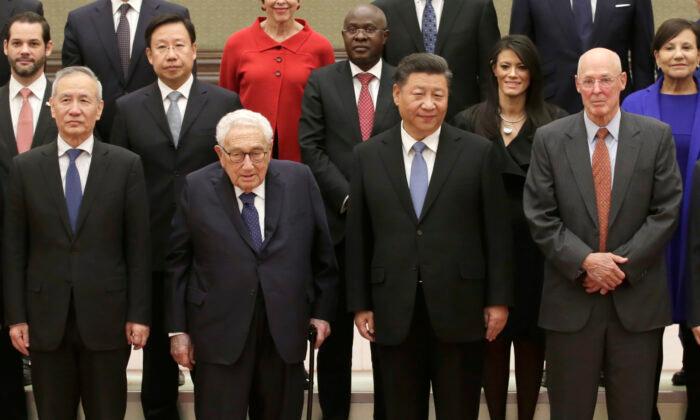

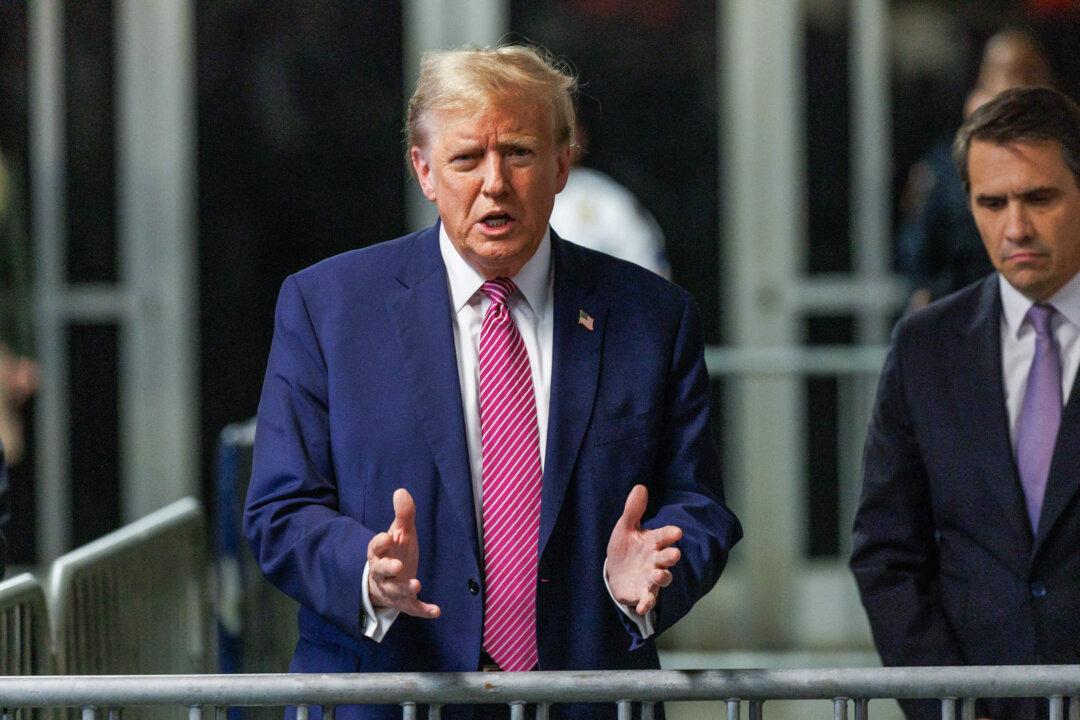
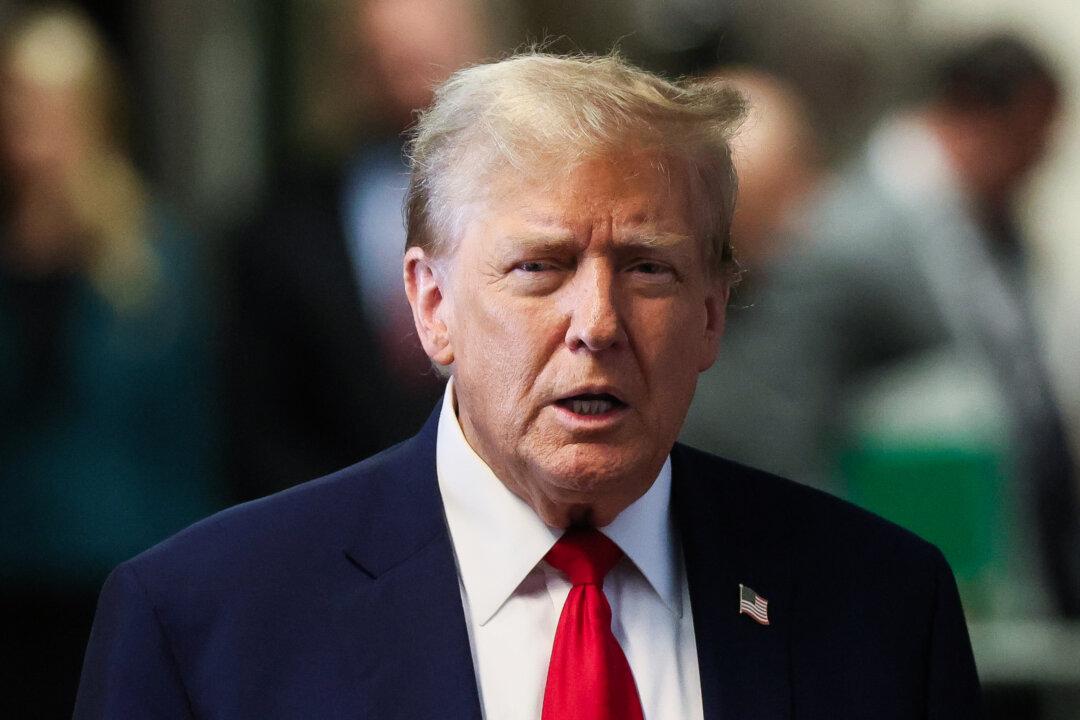
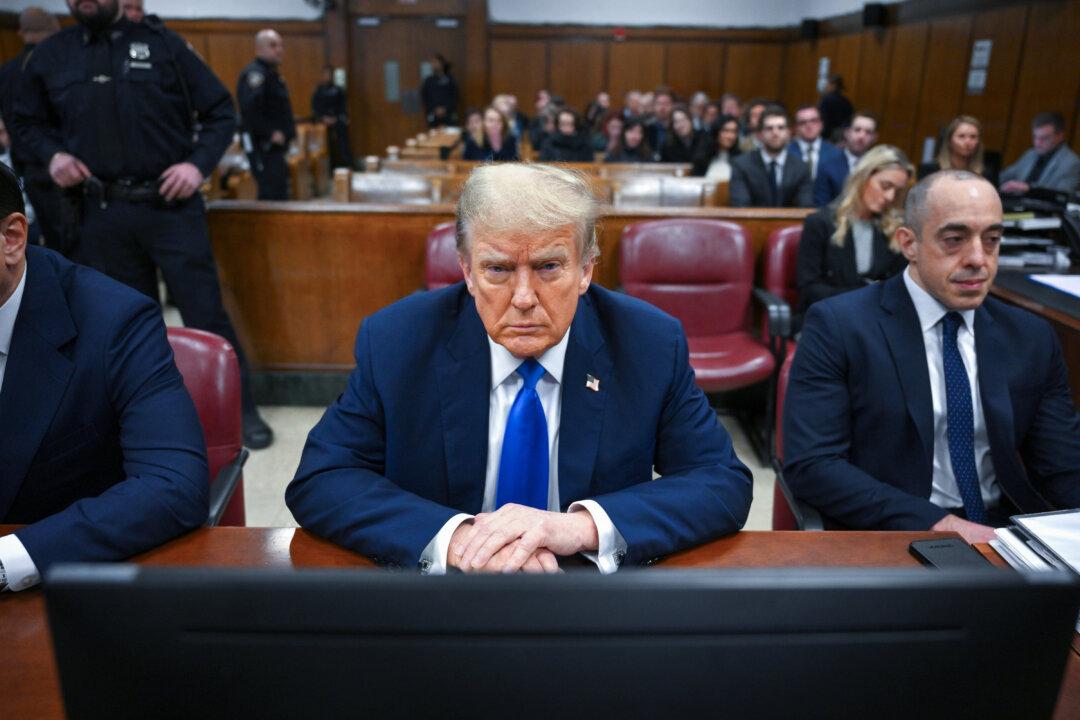
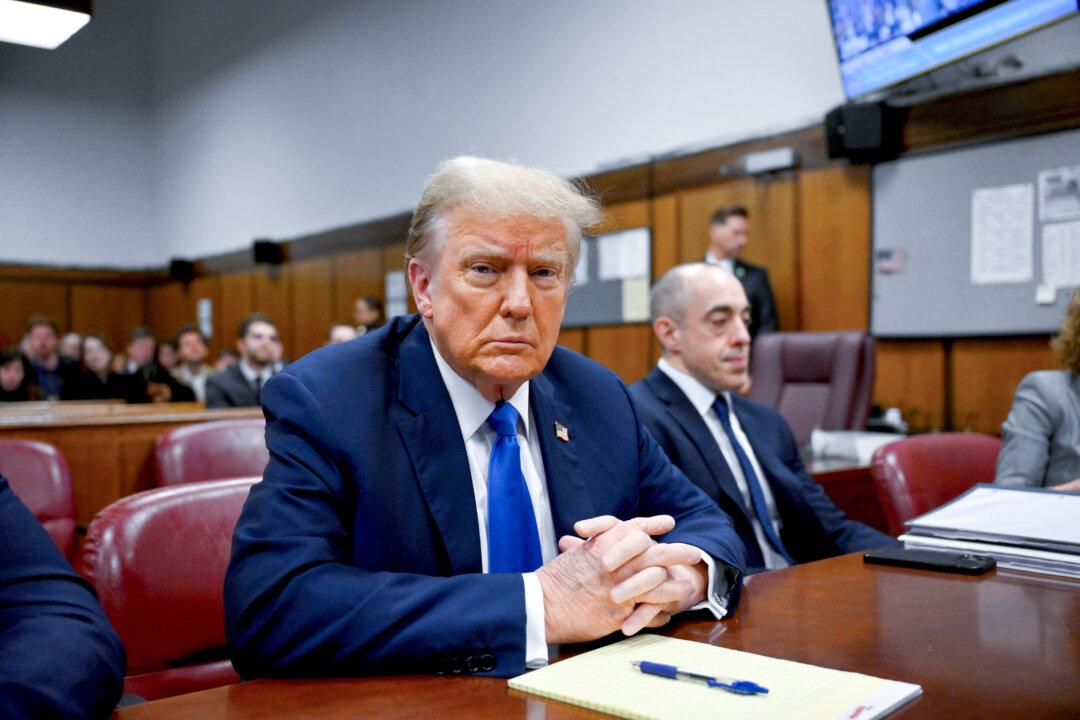
Friends Read Free